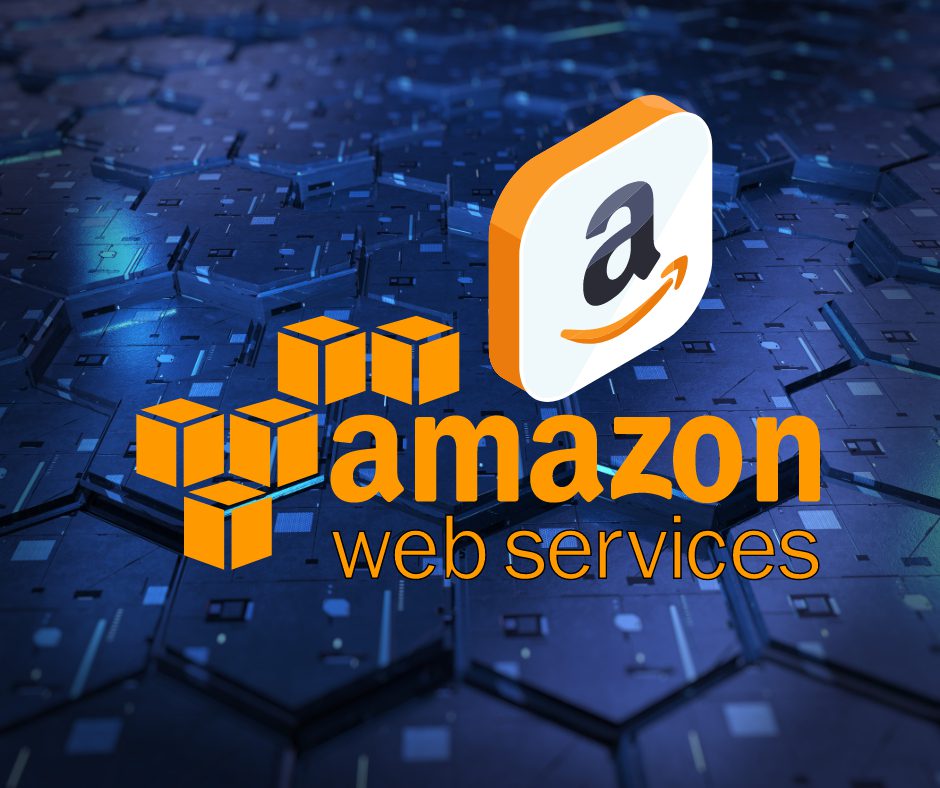
What is AWS?
AWS (Amazon Web Services) is a cloud computing platform that provides users with a variety of services, including storage, networking, databases, and more. These services can be used to build and run applications in the cloud, making it a popular choice for businesses of all sizes. AWS is also a popular choice for developers, as it offers a wide range of tools and services that can be used to build, test, and deploy applications.
PIPEDA Compliance in AWS
As organizations move more of their data and workloads to the cloud, it’s important to understand how different cloud providers handle data privacy and security. In this blog post, we’ll take a look at how Amazon Web Services (AWS) handles personal information under Canada’s Personal Information Protection and Electronic Documents Act (PIPEDA). We’ll also explore some of the steps that organizations can take to ensure their AWS deployments are PIPEDA-compliant.
1) Geo-location of servers
More and more businesses are moving to the cloud, but there are still many companies that are hesitant to make the switch. One of the biggest concerns for companies is the geo-location of their servers. Many businesses have data that is subject to strict regulations, and they need to be sure that their servers are located in a compliant country.
There are a few options for companies who want to ensure their data is stored in a compliant location. First, they can choose a cloud provider that offers geolocation services. Second, they can use a VPN or other type of security measure to encrypt their data and keep it safe. Lastly, they can consult with a legal expert to make sure their data is compliant with all applicable laws.
2) Encryption
The Personal Information Protection and Electronic Documents Act (PIPEDA) is a federal law that sets out the rules for how businesses must handle the personal information of their customers and employees. Part of PIPEDA compliance is ensuring that personal information is stored securely and is not accessible to unauthorized individuals.
One way to protect personal information is through the use of encryption. Encryption is the process of transforming readable data into an unreadable format. This makes it difficult for anyone who does not have the proper key to access the information. When personal information is encrypted, it is much more difficult for unauthorized individuals to access it and PIPEDA compliance is more likely to be achieved.
3) Traffic Routing
Unlike in your on-premises network, your communications to your cloud environment will often travel over the public internet. This exposes the data to potential eavesdropping, you must use cloud controls to control how your traffic is routed when communicating with your cloud environment. If this isn’t possible at the very least you need to ensure the communications are encrypted.
4) Understand the shared responsibility model
The Shared Responsibility Model is a security model that defines the roles and responsibilities of both AWS and the customer about the security of data and services in the cloud. This model is based on the premise that both AWS and the customer have a shared responsibility to ensure the security of data and services in the cloud.
Under this model, AWS is responsible for the security of the cloud infrastructure, while the customer is responsible for the security of their data and applications. This model provides a clear delineation of responsibility between AWS and the customer and helps to ensure that both parties are taking the necessary steps to keep data and services secure.
5) Use the free Amazon resources
Privacy compliance can be a daunting task, but there are several resources available to help businesses comply with PIPEDA. Amazon provides several resources that can help businesses with PIPEDA compliance for AWS.
The AWS platform itself also provides several services that can help businesses with PIPEDA compliance, including data storage, data backup, and data security.
To learn more about using Amazon resources for PIPEDA compliance, visit the Amazon Web Services website.
Recap!
AWS is a cloud computing platform that offers a wide range of services, including storage, networking, and computing power. It is a cost-effective solution for businesses of all sizes. To learn more about AWS and how it can benefit your business, subscribe to our newsletter.
Related blog: How do you comply with PIPEDA?
Must Read: What is PIPEDA and its purpose?






